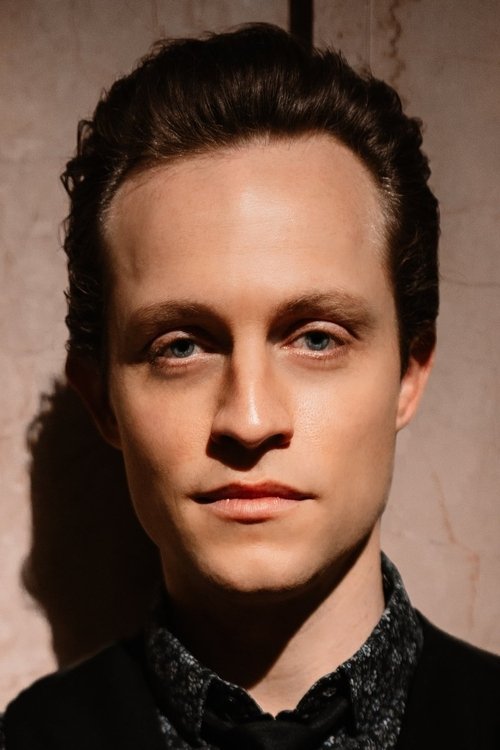
Videos & Trailers
2 videos
Cast & Crew
3 members
Acting
Brenton Ryan
Officer 1/Sandy

Acting
Ben McAteer
Officer 2/Blazes
No Image
Acting
John Molloy
Officer 3/Arthur/Voice of the Cards
No Image

Officer 1/Sandy

Officer 2/Blazes
Officer 3/Arthur/Voice of the Cards